Why does Bollywood use the offensive practice of brownface in movies?
Published:
2020-05-16 05:16:54 BdST
Update:
2024-04-24 14:13:17 BdST
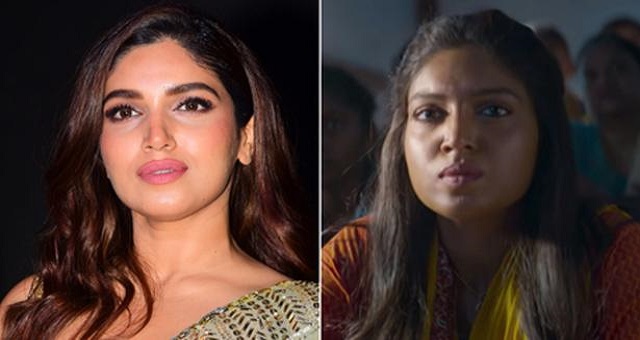
Entertainment Live: Bollywood may be best known for its glamorous casts, glitzy costumes and energetic dance routines. But it also has a far less flattering reputation -- for promoting the offensive practice of brownface.
"It's actually racism," said award-winning film director Neeraj Ghaywan. "Let's not mince our words."
In the United States, the concepts of blackface and brownface date back to the 19th century, when white performers would darken their faces with makeup, and use racist stereotypes to portray black and other ethnic minority characters. White performers did this in a time when non-white professionals were themselves barred from employment in the industry.
And the practice dates back even further in England, to the Elizabethan era, when directors traditionally cast white actors to play minority characters in Shakespearean plays. Even into recent decades, the African general in "Othello" has long been played by a white actor with darkened skin, including Orson Welles in 1951 and Laurence Olivier in 1965, reports CNN.
It's also appeared in modern films. Dan Aykroyd wore blackface and dreadlocks in 1983's "Trading Places," and Robert Downey Jr. appeared several shades darker in 2012's "Tropic Thunder," to play a white Australian method actor who darkened his skin to play a black man in a Vietnam war film.
Bollywood has adopted brownface in a number of films -- by temporarily darkening the skin of performers, especially when they are portraying characters from disadvantaged backgrounds.
As in the early days of Hollywood, critics of this practice say that Bollywood often prefers this approach to actually hiring performers who have naturally darker skin, thus perpetuating discrimination and inequality in the industry.
For example, the popular 2019 film "Bala" featured the story of a woman who suffered discrimination on the basis of her skin tone.
The woman was played by famed actress Bhumi Pednekar (pictured above), who had her skin darkened in order to play the role. The move was slammed by some Indian media outlets, commentators and on social media.
Some pointed out the irony of one of the film's promotional posters tweeted by Pednekar, where her character was "surrounded by skin lightening products (and) is actually lightskinned and in brownface."
Pednekar defended the director's decision to cast her in the movie, according to Indian media reports, saying factors apart from physical appearance play a major role: "If a filmmaker has taken me, it is because I add some value to the film."
The director, Amar Kaushik, told the Press Trust of India he "thought about casting a dark-skinned actor," but "felt Bhumi was superb for this character." CNN reached out to Pednekar via her agent and Kaushik for comment, but both declined to comment.
A screengrab of Bollywood star Hrithik Roshan in a trailer for the 2019 Bollywood movie "Super 30." The film was criticized for darkening the skin of the actor who played the role of a teacher from the state of Bihar, which the World Bank describes as "one of India's poorest states."
Dhaka, 15, May (campuslive24.com)//Ait
Topic:



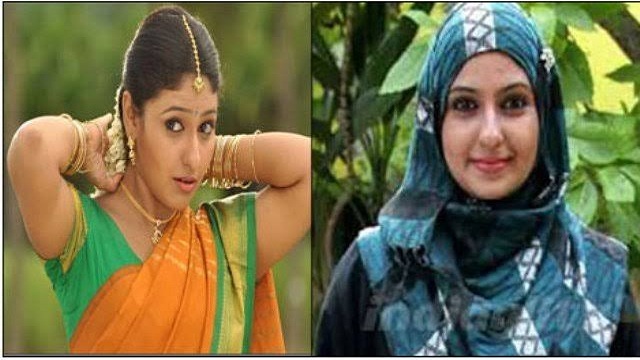
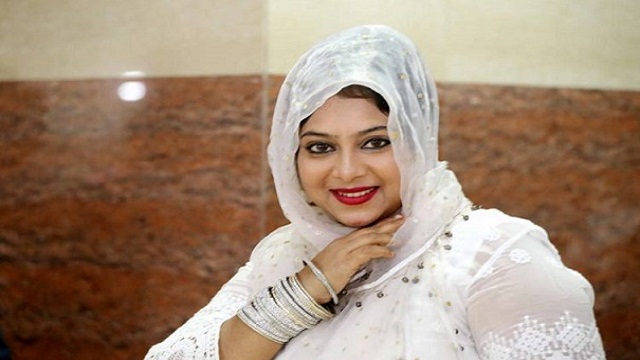
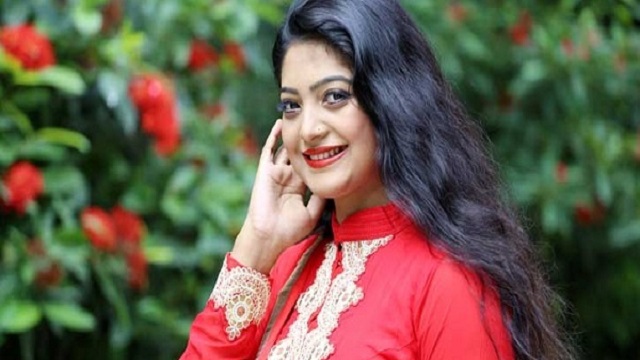
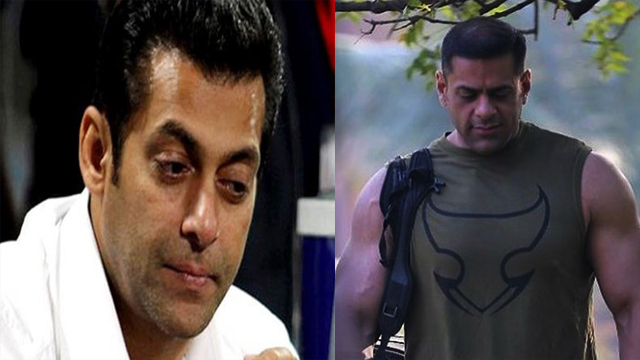
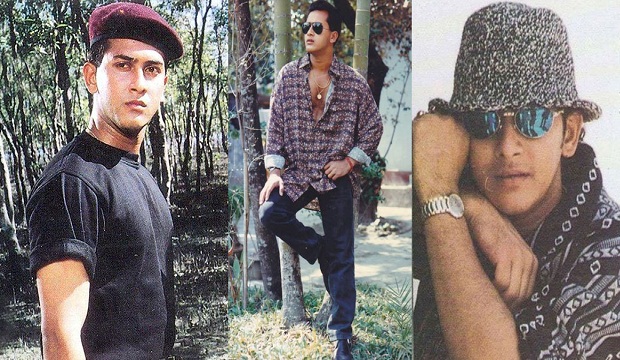
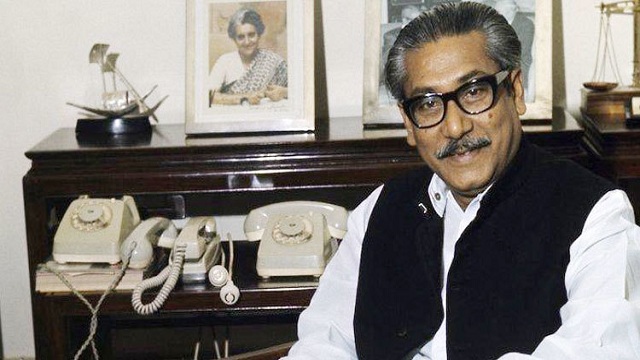
Share Your Valuable Comments: